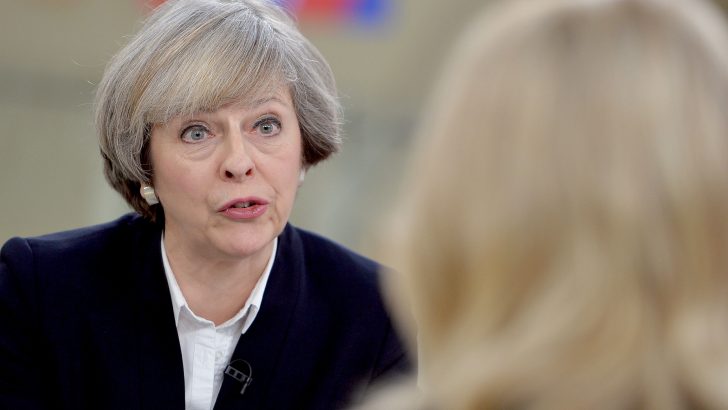“Tolerance and esteem for other cultures should be automatically part of a decent education”, writes Mary Kenny
According to Dr Victoria Showunmi at Maynooth University, the teaching of history and other subjects in Ireland should be adjusted to reflect the cultures and experiences of new immigrants.
Schools and colleges should offer a curriculum that doesn’t only reflect a ‘white Irish’ perspective, she says.
Well-meaning, but wrong, in my view. In Britain, educational multi-culturalism has made a regrettable contribution to the rise of home-grown UK terrorism, without in any way intending to do so.
I have direct, personal experience of the impact of educational multi-culturalism. I saw it in the education of my own children in London during the 1980s. At their local neighbourhood school, the traditional Christmas Nativity play was banned lest it should ‘offend’, and a multi-cultural programme ushered into the school schedules instead. This was a directive from the left-wing London educational authority, rather than the school.
The impact of this policy, on a larger scale, was that migrants, instead of integrating with the host culture, were encouraged to consider themselves separate and different. Grievances were aroused, instead of positive values shared.
Multi-culturalism also prompted competition for grievance-mongering. When Hindus were favoured – their special holiday, Diwali, was to be celebrated – Muslims were furious.
Surely Ireland can learn from the problems that have arisen in the UK, aided and abetted by multi-cultural education? Notice that a high proportion of Jihadi terrorists are home-grown: educated at British schools and universities, where, as has been the fashion over the past decades, they were taught resentment and separation by the agenda of multiculturalism (which itself was, cynically, serving the delivering of votes, on a clientele basis, to those pushing that agenda).
Sense of awe
Yes – tolerance and esteem for other cultures should be automatically part of a decent education. Those who had a classical education in the past started with an appreciation of the Medes and the Persians (Iran), and a sense of awe that human civilisation began in Mesopotamia, that is, modern Iraq, and then in Egypt. A true education should include the respect due to these ancient societies.
“An increasing proportion of young people are unable to see what is being taught in schools and universities had any bearing on their experience or personal background,” says Dr Showunmi. Then I would suggest that they are not being taught properly.
Exposure to learning should open our minds to the universality of human experience: why are Yeats and Sean O’Casey loved and appreciated in Japan? Because Japanese education teaches about the universality of great literature (although Japanese society has never encouraged, or even accepted, non-Japanese immigrants).
Incomers into Ireland should follow in the tradition of older migrants to these shores – even those who came first as conquerors – and become ‘more Irish than the Irish themselves’. If you want future trouble in your society, teach multi-cultural differences: if you want harmony and integration, help incomers to identify with the historic host culture.
Irish media hostile to Theresa May
Theresa May has not had a successful electoral campaign, and there have been quite a few gaffes. The horrors of the Manchester and London Bridge atrocities have also cast a dark shadow. Jeremy Corbyn is not wrong to point a finger at British (and French, and American) foreign policy: the Franco-British toppling of Gaddafi in Libya was insane, and created a vacuum and a failed state.
And yet I suspect that much of the personal hostility to Theresa May in the Irish mainstream media is rooted in the fact that she identifies herself as a Christian. Theresa’s Anglo-Catholic background is as a red rag to a bull among our secularist commissars.
Support for independent bookshops
Listowel, in Co. Kerry, surely deserves great honour for sustaining two independent bookshops, Woulfe’s and Flavin’s, both in Church Street (as well as an Eason’s). It’s been a tough few years for independent bookshops, and I’ve seen many vanish with the advance of Kindles and Amazon. But printed books are making a recovery, and those who sustain them are heroes in the cause of literacy, communication and the companionship of the word. You get friendliness, advice and the interchange of human contact at a real bookshop which no internet service can match and it’s great to see a town like Listowel support their lovely bookstores.


 Mary Kenny
Mary Kenny British Prime Minister Theresa May
British Prime Minister Theresa May